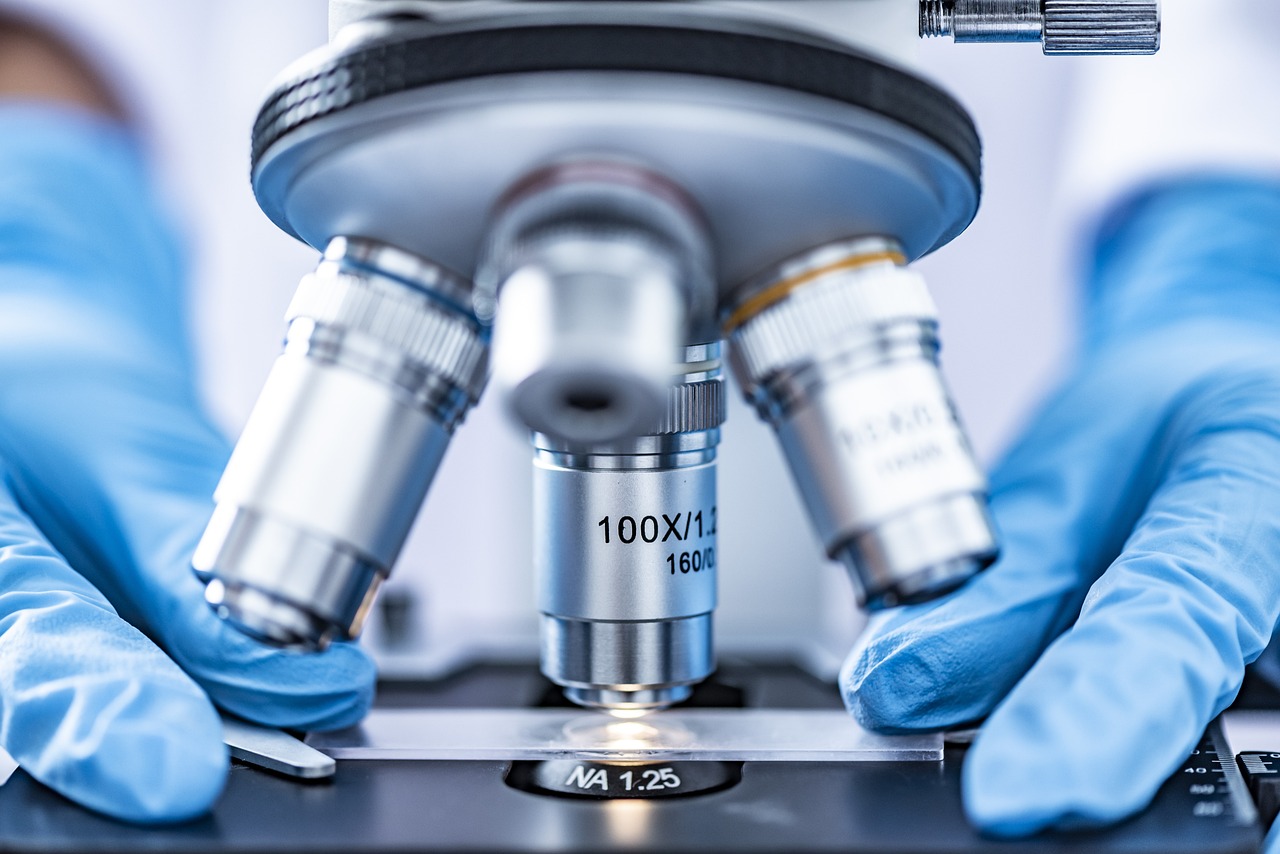AI-Powered Drug Formulation: Optimizing Drug Delivery Systems for Improved Efficacy
Traditional drug formulation faces various challenges in the pharmaceutical industry. One prevalent issue is the limited solubility of many drug compounds, which can hinder their absorption in the body. This can lead to reduced efficacy of the medication and necessitate higher doses, increasing the risk of side effects.
Moreover, traditional drug formulation methods may result in poor drug stability, leading to a shorter shelf life of the medication. Instability issues can arise from factors such as exposure to light, heat, or moisture during storage and transportation. Addressing these challenges is crucial to improving the effectiveness and safety of pharmaceutical products for patients.
The Role of Artificial Intelligence in Drug Development
Artificial Intelligence (AI) has rapidly transformed various industries, including drug development. By utilizing AI algorithms to analyze massive amounts of data, researchers can efficiently identify potential drug candidates and predict their efficacy and safety profiles. This advanced technology enables the rapid screening of molecular structures and the identification of promising drug targets, ultimately expediting the drug discovery process.
Moreover, AI has enhanced precision medicine approaches by enabling personalized drug development tailored to individual patients’ genetic makeup and disease characteristics. By leveraging AI algorithms to analyze patient data and predict treatment responses, researchers can develop targeted therapies that are more effective and have fewer side effects. This personalized approach to drug development holds great promise for improving patient outcomes and revolutionizing the field of medicine.
Understanding Drug Delivery Systems
Drug delivery systems play a pivotal role in the effectiveness of pharmaceutical treatments. By carefully designing how drugs are administered and released in the body, these systems can enhance the drug’s therapeutic benefits while minimizing potential side effects. One key aspect of drug delivery systems is controlling the release of the medication at the right time and in the right place within the body, ensuring optimal treatment outcomes.
Developing advanced drug delivery systems requires a deep understanding of factors such as the physicochemical properties of the drug, the desired pharmacokinetic profile, and the targeted site of action. Scientists and researchers continuously explore innovative techniques to improve drug delivery, from utilizing nano- and micro-particles to encapsulate drugs for targeted delivery, to leveraging biomaterials that can sustain drug release over a prolonged period. These advancements not only improve patient compliance but also pave the way for personalized medicine tailored to individual patient needs.
What are some challenges in traditional drug formulation?
Some challenges in traditional drug formulation include poor solubility of drugs, limited bioavailability, and lack of targeted delivery to specific sites in the body.
How does artificial intelligence play a role in drug development?
Artificial intelligence is being used in drug development to analyze large amounts of data, predict drug interactions, optimize drug formulations, and identify potential drug targets.
What are drug delivery systems?
Drug delivery systems are technologies used to deliver drugs to the body in a controlled and targeted manner. This can help improve the efficacy and safety of drugs.
How do drug delivery systems improve drug efficacy?
Drug delivery systems can improve drug efficacy by targeting specific sites in the body, controlling the release of drugs over time, and enhancing the solubility and bioavailability of drugs.
What are some examples of drug delivery systems?
Examples of drug delivery systems include liposomes, nanoparticles, implants, patches, and microneedles. These systems can be tailored to specific drugs and patient needs.







